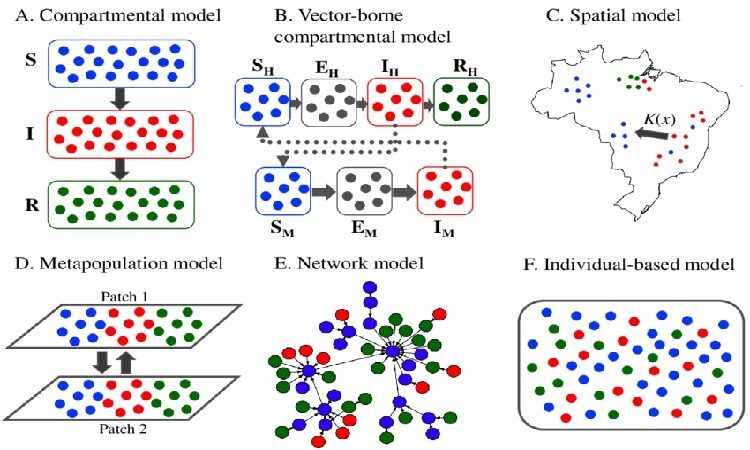Author: David McCoy, Professor of Global Public Health and director of the Centre for Public Health at Queen Mary University of London | The Guardian | Published 10 April 2020
David McCoy makes some important observations on the relationship between the scientific and non-scientific elements of COVID-19 decision-making; the inherent limitations of modelling – particularly when dealing with a novel virus about little is known. The article touches on many of the questions that will be asked about the UK’s response to COVID-19, including:
- Has epidemiological modelling has played a disproportionately influential role in shaping the UK’s strategy and plans?
- Why was little attention given to the potential role of testing and contact tracing in mitigating the epidemic?
- Why was the potential impact of sick patients on intensive care beds and other parts of the health system overlooked for so long?.
There is also a non-scientific element to decision-making which involves choosing between competing demands and needs in society, determining what is ethical and moral, and balancing challenges that are current and immediate with those that will only emerge in the future.
It’s convenient for leaders to say they are following the science, but technical evidence can only take us so far…all models have their limitations, and none can avoid the fact that decision-making must also be informed by people with relevant expertise and experience, and by the facts on the ground. In the case of Covid-19, where so much about the disease and its transmission dynamics is still unknown or unclear, models are useful – but experience and sound judgment are crucial.
It is easy to be entranced by the cleverness of models that map, measure and predict the complex interactions of multiple natural and social variables. There is something impressive about the ability to produce answers in the form of precisely calculated numbers, and professionally crafted charts and graphs. And for politicians, nothing is more convenient than being able to say that they are merely following “the science” and evidence.
[W]e need greater transparency and participation to allow effective scrutiny and challenge from scientists and public health specialists who are more independent of government.
… from a policymaking perspective, there are two things needed. First, we need greater transparency and participation to allow effective scrutiny and challenge from scientists and public health specialists who are more independent of government. This will avoid the danger of groupthink and blindspots. Second, we must better acknowledge the limitations of evidence-based policy and recognise the importance of expertise, experience and sound judgment.
Read the full article (external link to The Guardian)

